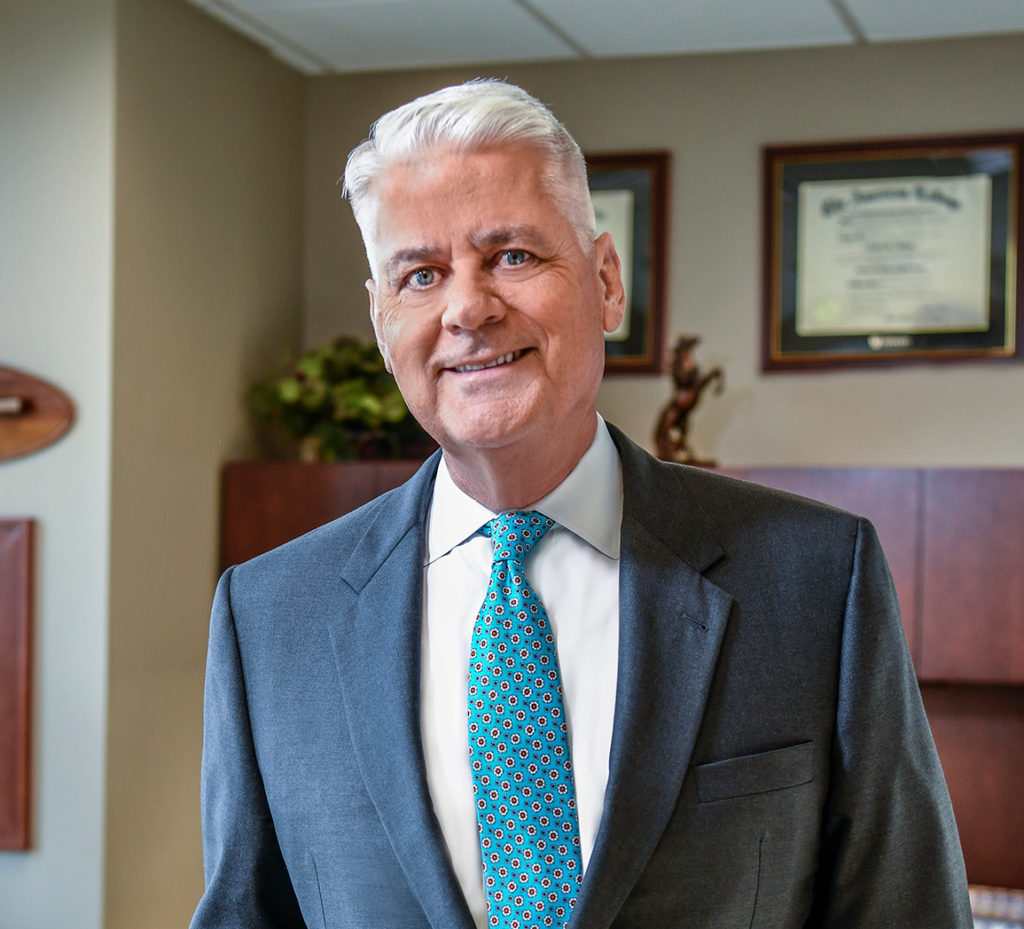Recently, the Dallas Foundation reached out to C3 Founder (formerly Texas Financial Partners) Todd S. Healy to write an article for e-Giving Counsel, a quarterly publication the Foundation produces to help wealth holders give to the communities they care about. The Foundation was interested in Todd’s expertise on how high net worth life insurance and related tools can be used for tax-deferred investing and charitable giving.
Todd holds a Chartered Advisor in Philanthropy (CAP) designation and works with professional advisors from diverse fields to help clients achieve their philanthropic goals. He is also an active leader in the Dallas CAP Study Group Program. In this article, he provides valuable insight on a little-known strategy for charitable giving, the private placement variable annuity, which allows an individual to commit funds to organizations while maintaining control over them during their lifetime.
Founded in 1929, the Dallas Foundation works with wealth holders and non-profit organizations to facilitate philanthropic efforts in the area. Learn more about their work here.
A study recently determined that over $112 billion of life insurance, on people over 65, lapses every year. The policies are being surrendered due to: a perceived decrease in their estate tax liabilities; policies with increasing costs that are in danger of terminating; or changes in the reason for purchasing the life insurance. Whether the policies are owned by your clients, or by the charities you work with, there may be a better solution than merely “cashing in” the policies.
Policy owners are often encouraged to consider donating their policies to a nonprofit organization or charity. However, many of those organizations are reluctant to receive the policies for many of the same reasons that the policy owners want to get rid of them.
Another option that may be available to individuals is a private placement variable annuity (PPVA) contract.
Traditional charitable legacy planning, like private foundations and donor-advised funds, require assets to be gifted irrevocably in exchange for a current period tax deduction. Many individuals who may be inclined to make substantial charitable legacy gifts are not prepared to give up ownership and control of more than a small portion of their overall wealth during their lifetimes.
PPVA investment accounts are often utilized by ultra-affluent individuals who plan on leaving assets to a public charity or private foundation at their passing. PPVA investment accounts allow charitably-inclined individuals to maintain full ownership and broader investment options for earmarked assets throughout their lifetime, while deferring the income taxation of investment gains on those assets. If a charitable entity is named as the beneficiary of a PPVA investment account, all the deferred gains pass tax-free to the charity. However, unlike other charitable strategies that are irrevocable in nature, PPVA investment accounts provide flexibility for the individual or family if there is ever a desire to access the assets during the owner’s lifetime. The PPVA investment account owner also retains full control during its lifetime to change the beneficiary from one charitable entity to another.
If the PPVA investment account is left to a charity or a foundation, all of the assets pass without the impact of income and estate taxes. Simply by changing the location of the assets from a taxable account, or a policy that is no longer needed/wanted, to a PPVA investment account, individuals can multiply their potential charitable contributions.
To summarize, in a current “tax rate” environment, tax-efficient investment strategies are in high demand. When you can connect tax efficiency to charitable legacy gifts without giving up ownership or control, you enhance the benefit for individuals and charities.
If you would like more information on this topic or other life insurance planning topics, please contact Todd S. Healy.
 ™
™

